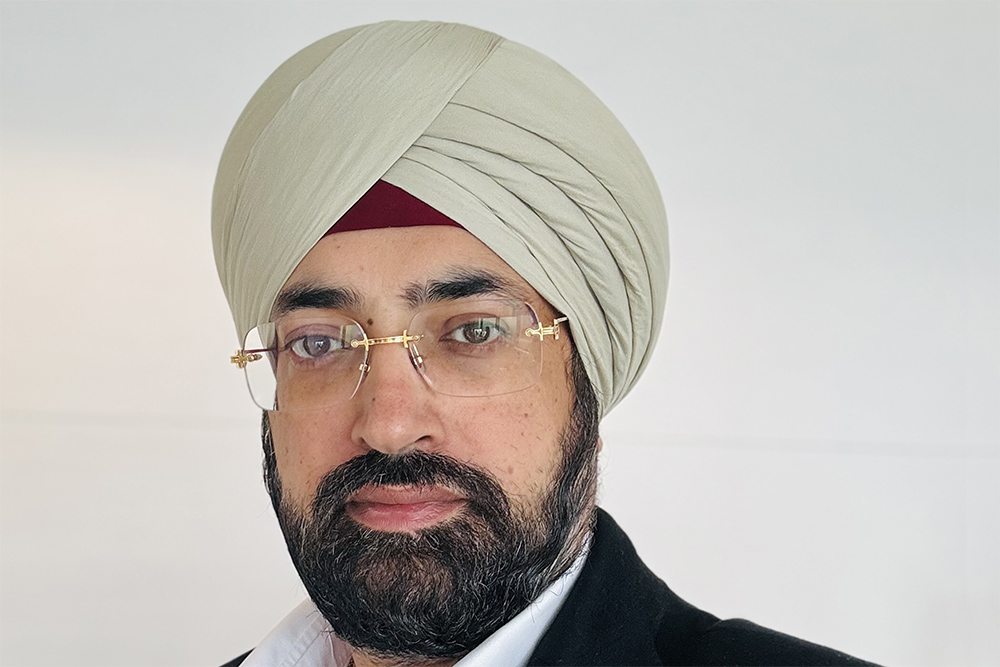Pankaj Garg shares his perspective on environmental sustainability in the pharmaceutical industry and its promising future
In this exclusive Q&A with ET Edge Insights, Pankaj Garg, Group CEO and Managing Director of Medreich, discusses his organisation’s approach to sustainability, innovative practices, and the promising future of the Indian pharmaceutical industry.
Can you tell us about the environmental strategies that organizations are implementing, particularly regarding carbon footprints and the strategy to reduce them within your supply chain management?
We have long-term sustainability goals centered around healthier lives, thriving communities, and caring for our planet, with the common theme of a sustainable supply chain. We assess our carbon footprint from end to end, from the sourcing of raw materials to the supply of products. More than 80% of our carbon footprint comes from electricity generation, heat generation, transportation, and manufacturing processes. We aim to deeply evaluate and reduce our carbon footprint through sustainable and environmentally friendly practices.
How do you foster a culture of sustainability within your organisation? Are there any specific incentives for employees to adhere to these practices?
A: It’s crucial to involve the entire organisation, from top to bottom, in any sustainability project. We raise awareness through training programs, emphasizing the importance of environmentally friendly practices both at work and in personal lives. We also conduct idea generation programs across all functions and capabilities, identifying and implementing sustainability projects. Employees who contribute to sustainability initiatives receive appreciation certificates and recognition in our quarterly magazine.
How does your organisation keep up with the latest trends and technology for efficiency and control in sustainability?
We currently source over 60% of our power from renewable energy and aim to increase this to 80-90% within the next 2-3 years. We also use alternative fuels such as APG instead of diesel, reduce paper consumption, and use electronic records instead of paper. Additionally, we invest in energy-efficient systems and motors for our manufacturing plants.
Environmental regulations constantly evolve. How do you stay updated with the latest regulations and practices?
We have a dedicated EHS department and managers at each manufacturing site who oversee compliance with environmental regulations. As a B2B pharmaceutical exporter, we undergo periodic audits by global pharmaceutical companies. We also work closely with our parent company in Japan, attend seminars and conferences, and stay informed about sustainability goals and practices. We strive for 100% compliance and take a holistic approach to make a meaningful impact on the organization and society.
What are your thoughts on the future of the pharmaceutical industry in India?
The pharmaceutical industry is vast and complex, with various activities like new medicine development, manufacturing, and distribution. The outlook for the Indian and global pharmaceutical industry is strong, driven by the prevalence of acute and chronic diseases and better healthcare in emerging countries. The Indian industry is taking steps toward innovation, optimization, and new technologies. I believe the future is bright and strong for the Indian pharmaceutical industry.


